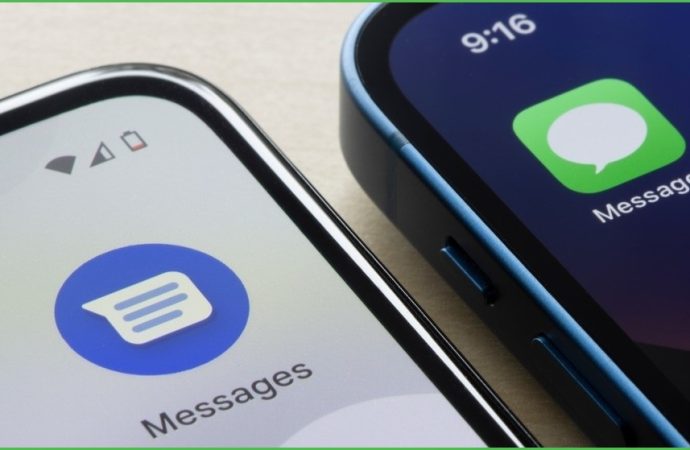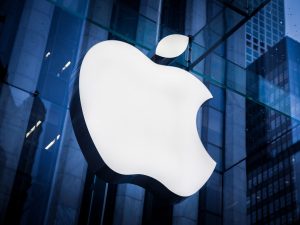Apple iPhones Support RCS, Boosting Android Messaging If you are an iPhone user, you probably enjoy the benefits of iMessage, Apple’s proprietary messaging service that offers features like encryption, read receipts, group chats, and more. But what happens when you want to text someone who uses an Android device? Chances are, you have to settle
Apple iPhones Support RCS, Boosting Android Messaging
If you are an iPhone user, you probably enjoy the benefits of iMessage, Apple’s proprietary messaging service that offers features like encryption, read receipts, group chats, and more. But what happens when you want to text someone who uses an Android device? Chances are, you have to settle for the outdated and limited SMS or MMS protocols, which can result in poor quality media, lack of security, and frustrating group conversations.
That’s about to change, as Apple announced that it will support RCS (Rich Communication Services) on iPhones with an update next year. RCS is a modern messaging standard that aims to enhance the texting experience between different devices, enabling features similar to iMessage, WhatsApp, and other popular messaging apps. By adopting RCS, Apple will improve the interoperability and compatibility of its messaging service with Android devices, which have been supporting RCS for a while.
In this article, we will explain what RCS is, how it works, and why it matters for iPhone and Android users and developers. We will also compare RCS with iMessage and SMS/MMS, and discuss the implications and challenges of Apple’s decision to embrace RCS.
What is RCS and how does it work?
RCS stands for Rich Communication Services, and it is a set of communication standards for SMS, MMS, and calling that make text messages look and feel more like dedicated messaging apps. RCS was first proposed in 2007 by a group of telecommunication industry companies, and later adopted by the GSM Association, the organization that represents mobile network operators worldwide.
RCS offers a range of features that enhance the texting experience, such as:
- High-quality media sharing: You can send and receive photos, videos, audio messages, and files up to 10 MB in size, without compromising the quality or resolution.
- Group chats: You can create and manage group conversations with up to 100 participants, and use features like group names, avatars, and adding or removing members.
- Read receipts and typing indicators: You can see when your messages are delivered and read, and when the other person is typing a reply.
- Suggested replies and actions: You can use smart suggestions to quickly respond to messages or perform actions, such as opening a link, calling a number, or adding an event to your calendar.
- Location sharing: You can share your real-time or static location with your contacts, and see their location on a map.
- Chatbots and commerce: You can interact with businesses and services through chatbots, and make payments, book appointments, or buy products within the messaging app.
RCS works over Wi-Fi or cellular data, and it uses your phone number as your identity, just like SMS or MMS. However, unlike SMS or MMS, RCS supports end-to-end encryption, which means that only the sender and the receiver can read the messages, and no one else can intercept or tamper with them.
To use RCS, you need a compatible device, a compatible messaging app, and a compatible carrier. Currently, most Android devices support RCS, and you can use the Google Messages app or the Samsung Messages app as your default texting app. However, not all carriers support RCS, and some may charge extra fees or impose limitations on RCS usage. You can check if your carrier supports RCS here.
Apple’s announcement means that iPhones will also support RCS next year, and it will work alongside iMessage, which will remain the default messaging service for Apple users. However, Apple has not revealed the details of how RCS will be implemented on iOS, and whether it will require a separate app or integrate with the existing Messages app.


















Leave a Comment
Your email address will not be published. Required fields are marked with *